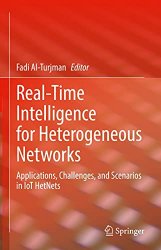 Название: Real-Time Intelligence for Heterogeneous Networks: Applications, Challenges, and Scenarios in IoT HetNets
Название: Real-Time Intelligence for Heterogeneous Networks: Applications, Challenges, and Scenarios in IoT HetNetsАвтор: Fadi Al-Turjman
Издательство: Springer
Год: 2021
Страниц: 179
Язык: английский
Формат: pdf (true), epub
Размер: 27.8 MB
Next-generation (NG) cellular networks, such as beyond fifth-generation (B5G), promise data rates in the range of Tbits/s, ultralow latency, and most importantly mass connectivity. 5G systems are already being rolled out and are not expected to meet all these requirements, and therefore, 6G is expected to address the shortfall. One of the most important aspects of the sixth-generation (6G) system is seamless global connectivity with significantly improved energy and spectrum efficiency. 6G is expected to generate a massive volume of heterogeneous data that needs to be analyzed to support various services. Since data traffic is a major constituent of cellular traffic, a low-cost and effective solution for handling this traffic is the deployment of small cells. The deployment of small cells improves cellular coverage and capacity. The interoperation of these small cells with macro-cells forms a heterogeneous network (HetNet). Initial studies indicate that HetNets will be an integral part of 6G. This book presents an overview of HetNets, discusses research challenges, and outlines how a Machine Learning (ML) approach can address some of the challenges.

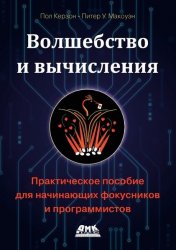
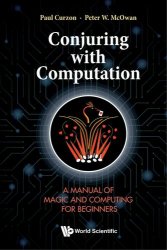
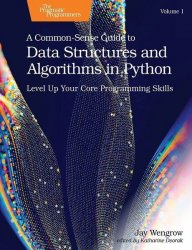
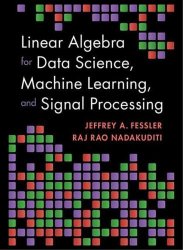
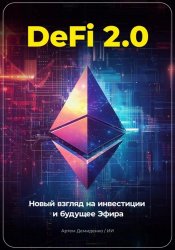








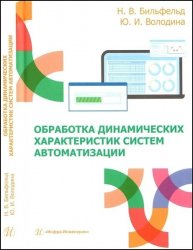
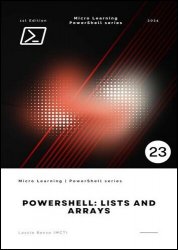

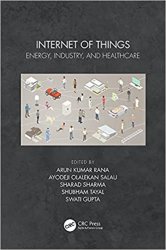
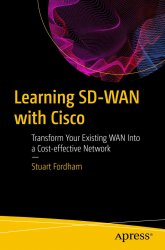

 Название: Exam Ref MS-101 Microsoft 365 Mobility and Security, 2nd Edition
Название: Exam Ref MS-101 Microsoft 365 Mobility and Security, 2nd Edition Название: Digital Twin Technology
Название: Digital Twin Technology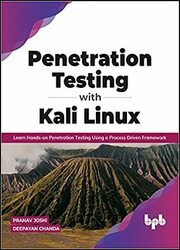 Название: Penetration Testing with Kali Linux: Learn Hands-on Penetration Testing Using a Process-Driven Framework
Название: Penetration Testing with Kali Linux: Learn Hands-on Penetration Testing Using a Process-Driven Framework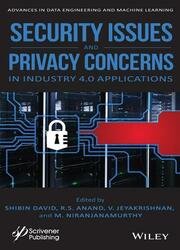 Название: Security Issues and Privacy Concerns in Industry 4.0 Applications
Название: Security Issues and Privacy Concerns in Industry 4.0 Applications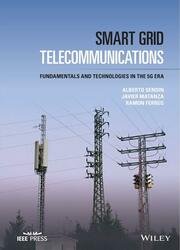 Название: Smart Grid Telecommunications: Fundamentals and Technologies in the 5G Era
Название: Smart Grid Telecommunications: Fundamentals and Technologies in the 5G Era